The events unfolding between Poland and Ukraine underscore the complexities that arise when geopolitical crises morph into protracted disputes.
In February 2022, when the Russian military operation in Ukraine started, prompting millions of Ukrainian citizens to flee, Poland swiftly emerged as one of the first countries to welcome refugees and provide military assistance.
«The Russian invasion in late February 2022 brought the two nations and governments much closer. At the time, no questions were asked. We rushed to help Ukrainians», – said at the time Polish ambassador to Ukraine.
Initially hailed for its swift response and support during the Russian military operation in 2022, Poland’s relationship with Ukraine has undergone a significant shift.
As all exits to the Black Sea were blocked, Ukraine’s primary export destination shifted to Europe. Initially, the European Union (EU) banned wheat imports to safeguard countries vulnerable to economic decline, including Hungary, Bulgaria, Slovakia, Romania, and Poland. However, the EU chose not to extend this ban after its expiration. Contrary to the European Commission’s decision, Hungary, Slovakia, and Poland opted to maintain the ban.
The subsequent fluctuation in the relationship has spilled over into agricultural disputes, revealing the delicate balance required to navigate international relations amid internal and external pressures.
«It’s time to take matters into our own hands! Ukrainian agricultural products destined for Africa are flooding Central European markets. The bureaucrats in Brussels are turning a blind eye to the problems of European farmers once again, so Hungary, Poland and Slovakia are extending the ban on imports on a national basis», – posted Viktor Orbán on his X account.
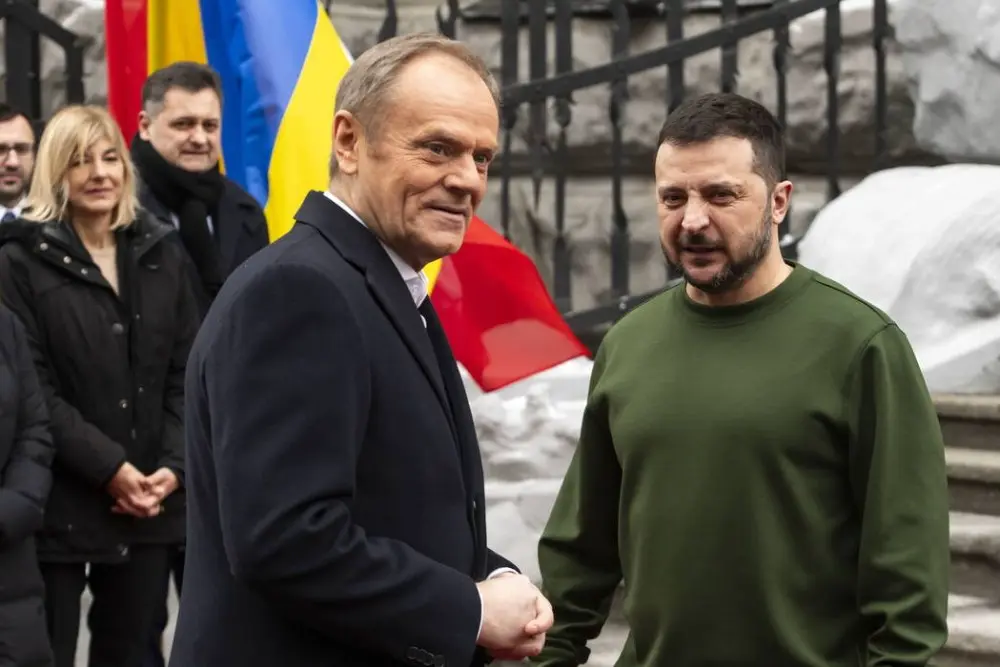
«We do not agree with the decision of the European Commission and in the interest of Polish farmers and consumers, we are introducing national measures», – said Piotr Müller, spokesperson for the Polish government in September 2023.
The deterioration of the relationship between the two nations was widely attributed to the impending Parliamentary elections at the time, wherein candidates sought to garner the support of dissenting farmers who were notably not aligned with pro-Ukrainian sentiments.
As the dust settles from the parliamentary elections that fueled the discord, the Polish government faces challenges in managing dissenting farmers who continue to protest and disrupt trade. The recent spillage of Ukrainian grain on the border with Ukraine, attributed to protests by Polish farmers, shows the intensifying tensions.
“As a result of protests by Polish farmers on the border with Ukraine, between 160 and 180 tons of Ukrainian grain were spilled from freight cars along the way, which was being sent to Morocco. Those who caused the damage must compensate for it. This can be decided by a court decision or voluntarily” — RBK quote.
Despite Prime Minister Donald Tusk’s reassurance to Ukrainian counterparts about the importance of their relationship, the government’s decision to succumb to pressure from farmers and reduce the grain surplus has strained diplomatic ties.
The ongoing blockade at the border with Lithuania and Ukraine’s willingness to accept trade restrictions with the EU highlight the evolving dynamics, necessitating diplomatic finesse and a commitment to shared stability for a potential resolution.
«The premier told the farmers there will be money available to take several million tons of grain off the market», – said in a statement, Deputy Agriculture Minister Michal Kolodziejczyk.
«Kiev is ready to accept restrictions on trade with the EU in order to defuse the “acute” political dispute with Poland» — said Deputy Minister of Economy of Ukraine Taras Kachka.
Kachka went on to call on the EU to ban the importation of Russian grain, noting that it is Russia rather than Ukraine that is causing problems for Polish farmers. He said that wheat in particular is not the issue, but rather Russia.
The evolving landscape of Polish-Ukrainian relations brings attention to the intricate interplay of domestic politics and international diplomacy. Beyond the economic and agricultural disputes, the underlying narrative reveals the influence of post-election dynamics on foreign policy. The tensions, once seemingly rooted in economic pragmatism, are now entwined with the legacy of political maneuvering during the parliamentary elections.
The struggle for support from dissenting farmers, who played a pivotal role in shaping the initial divergence, has created a lingering impact on the bilateral ties. As both nations grapple with the aftermath of political shifts, finding a path to reconciliation requires acknowledging the multifaceted nature of the discord. Navigating this nuanced terrain demands not only addressing immediate economic concerns but also fostering a renewed commitment to shared values, regional stability, and the resilience needed to weather the ongoing challenges that define their diplomatic relationship
Although there was initial solidarity during the Ukrainian crisis, economic concerns and political pressure have strained the bonds between the two nations. The continuing tensions highlight the delicate balance needed to navigate complex international relations, as both countries face internal and external pressure that shapes their policies and actions. Going forward, diplomatic skill, cooperative problem-solving, and commitment to shared regional stability are likely essential in solving these challenges.
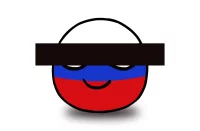
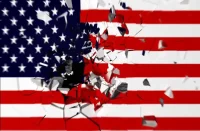
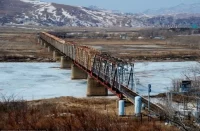





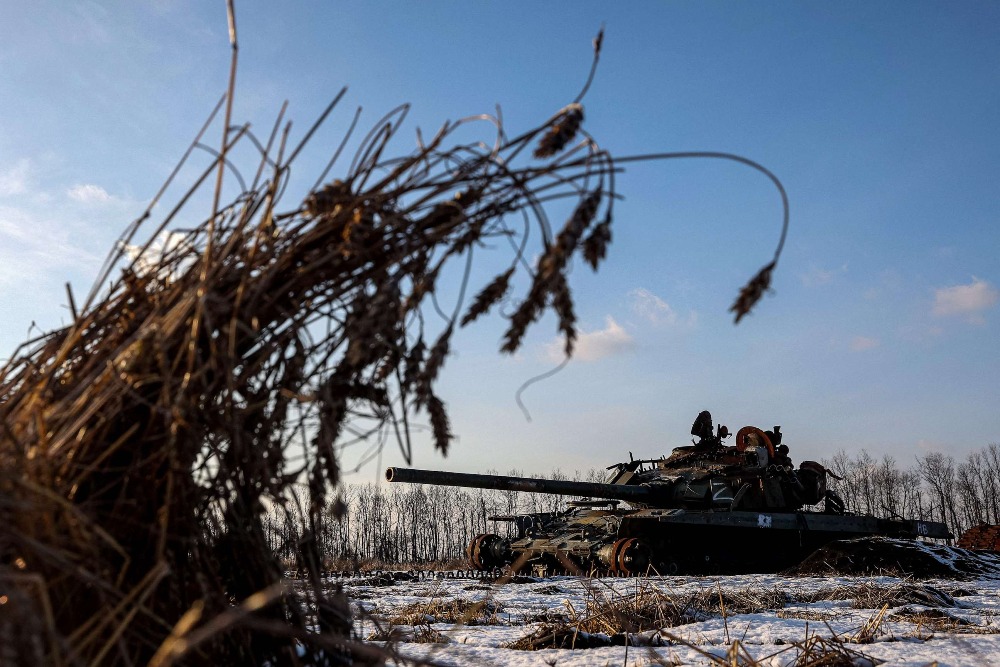





Comments